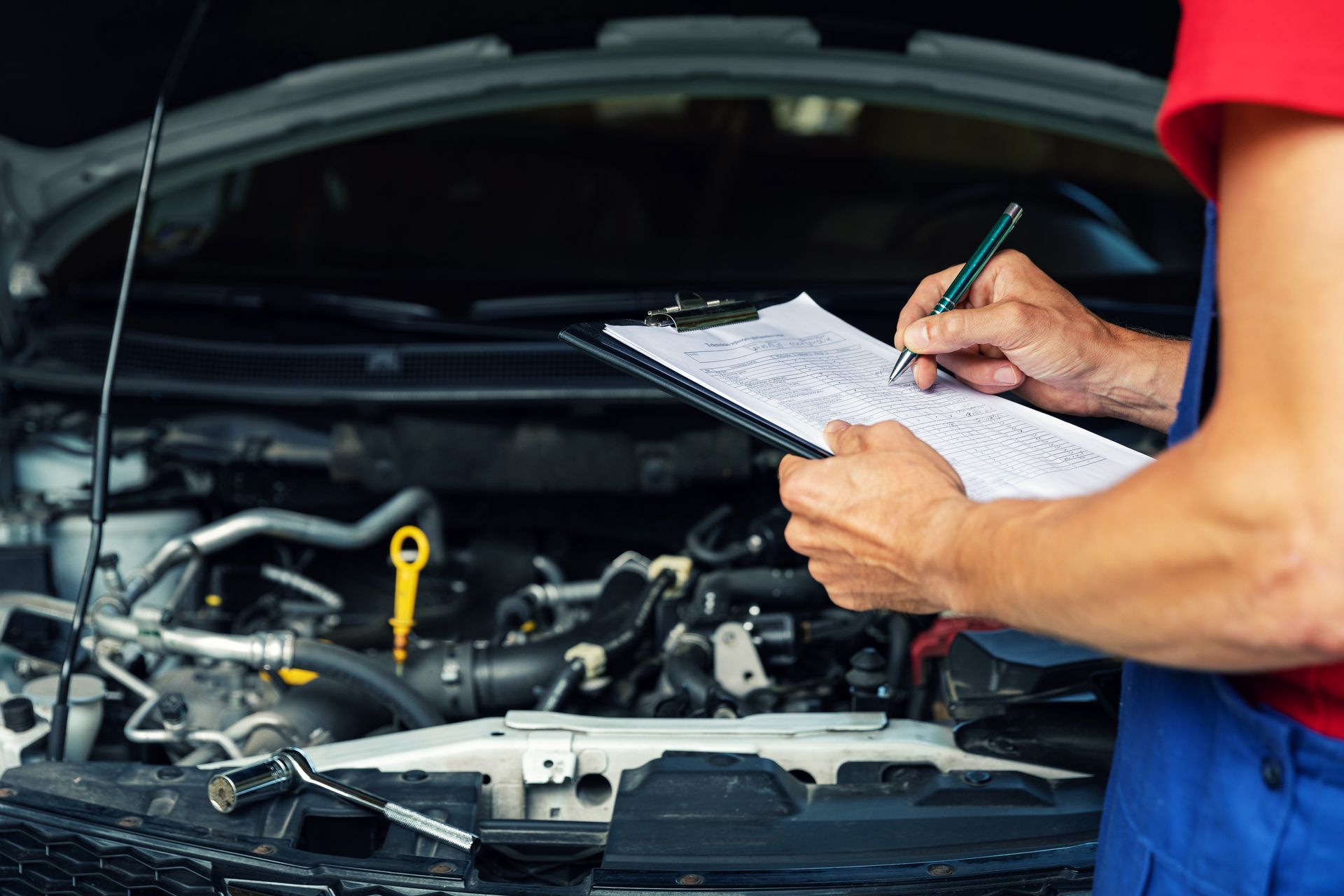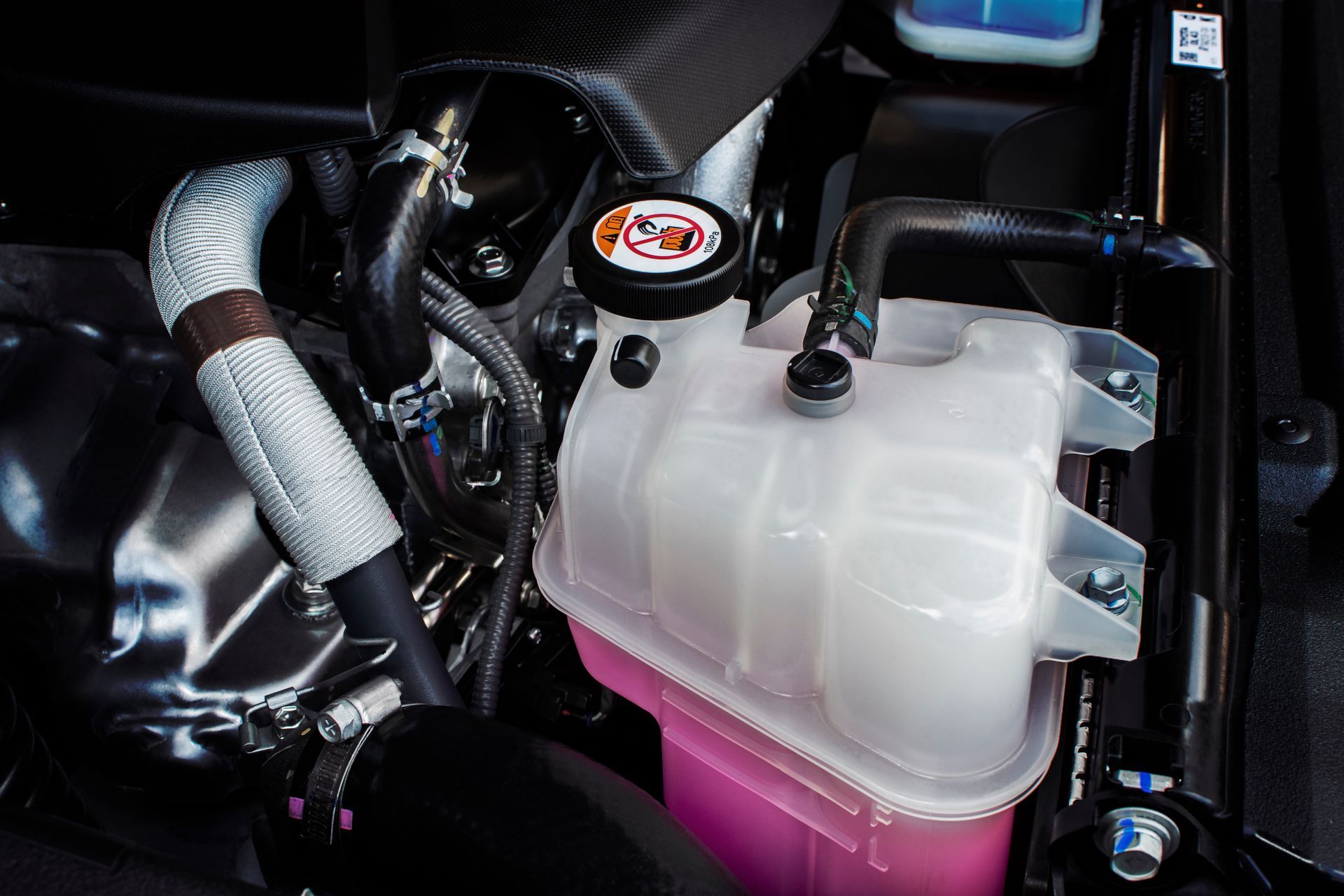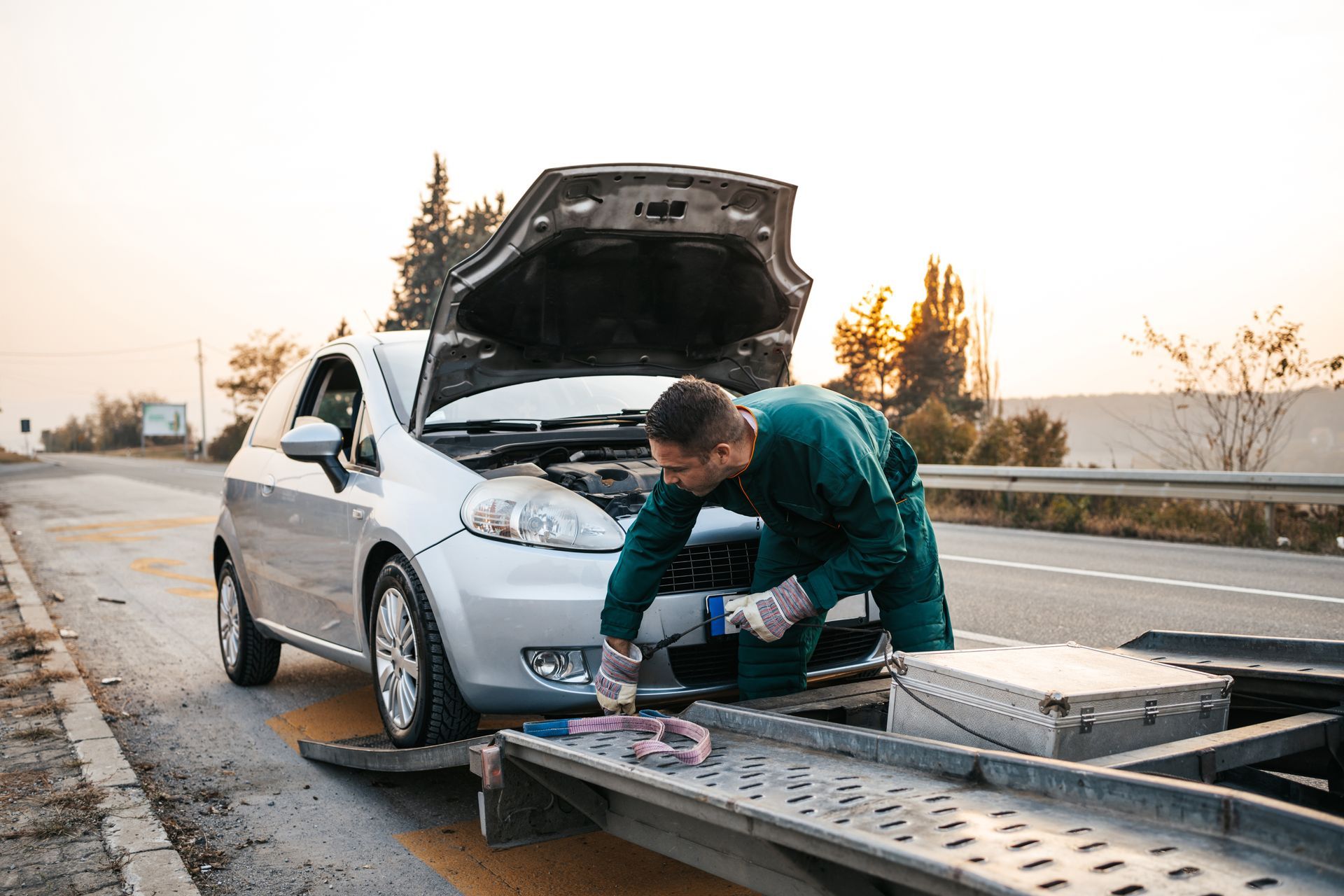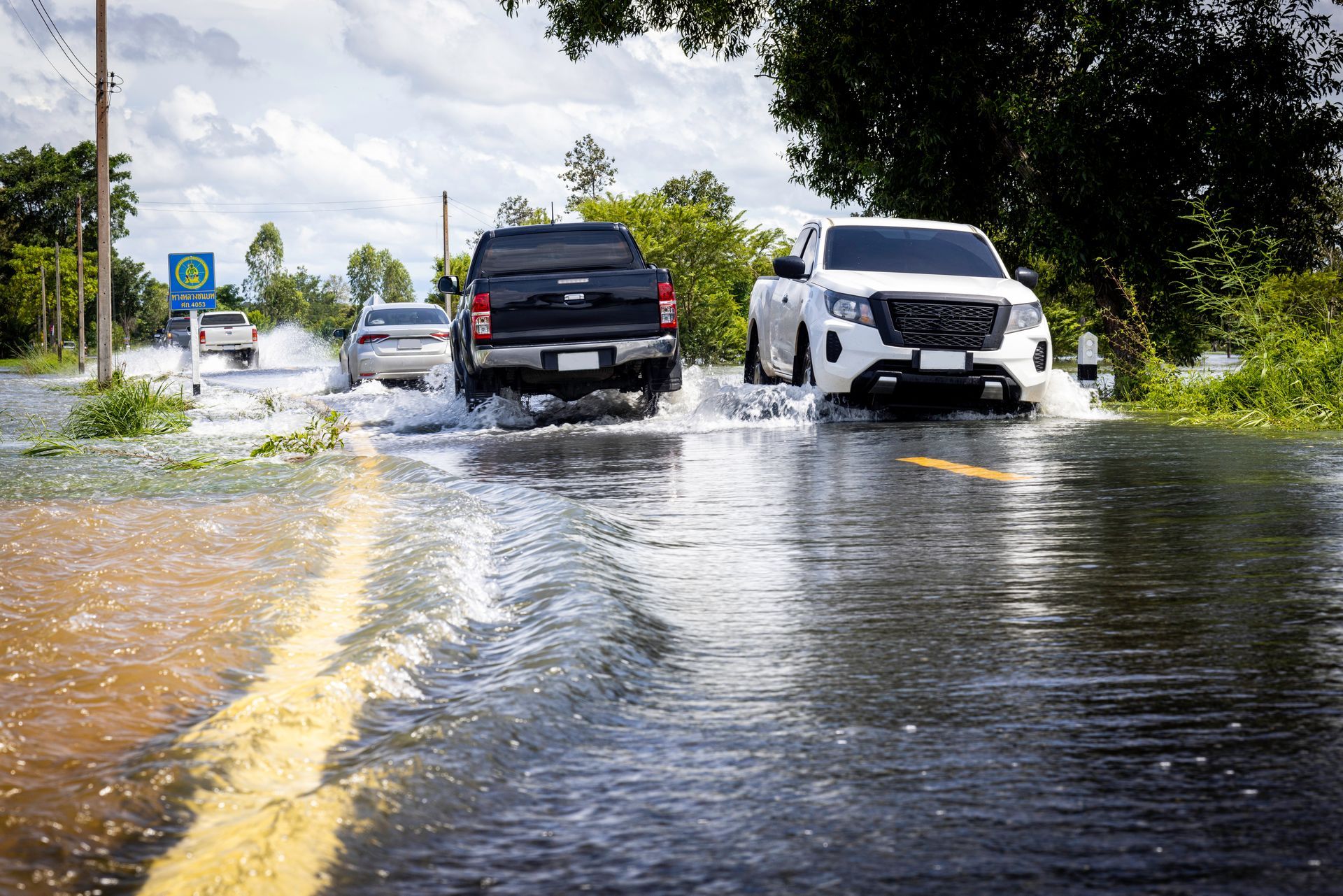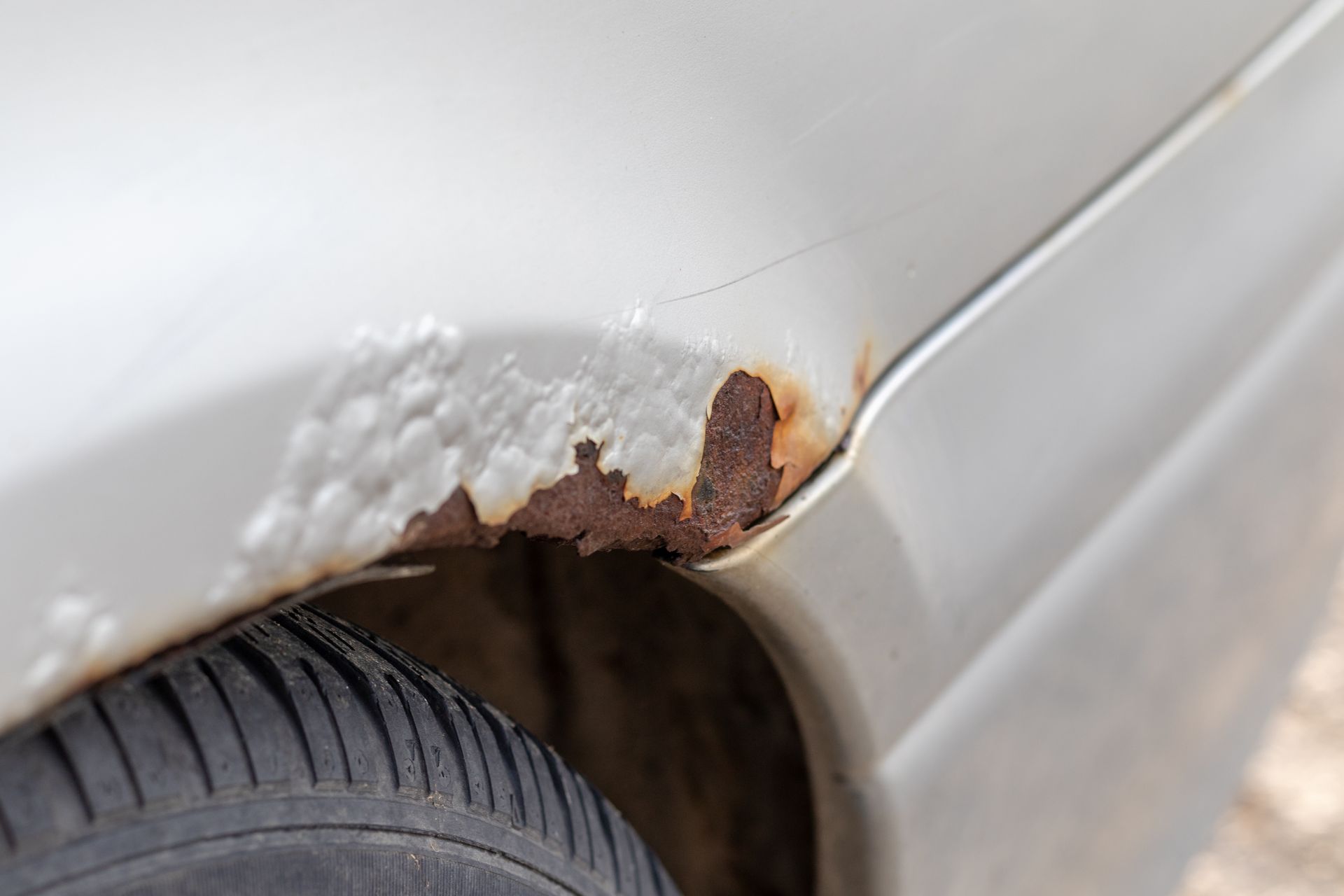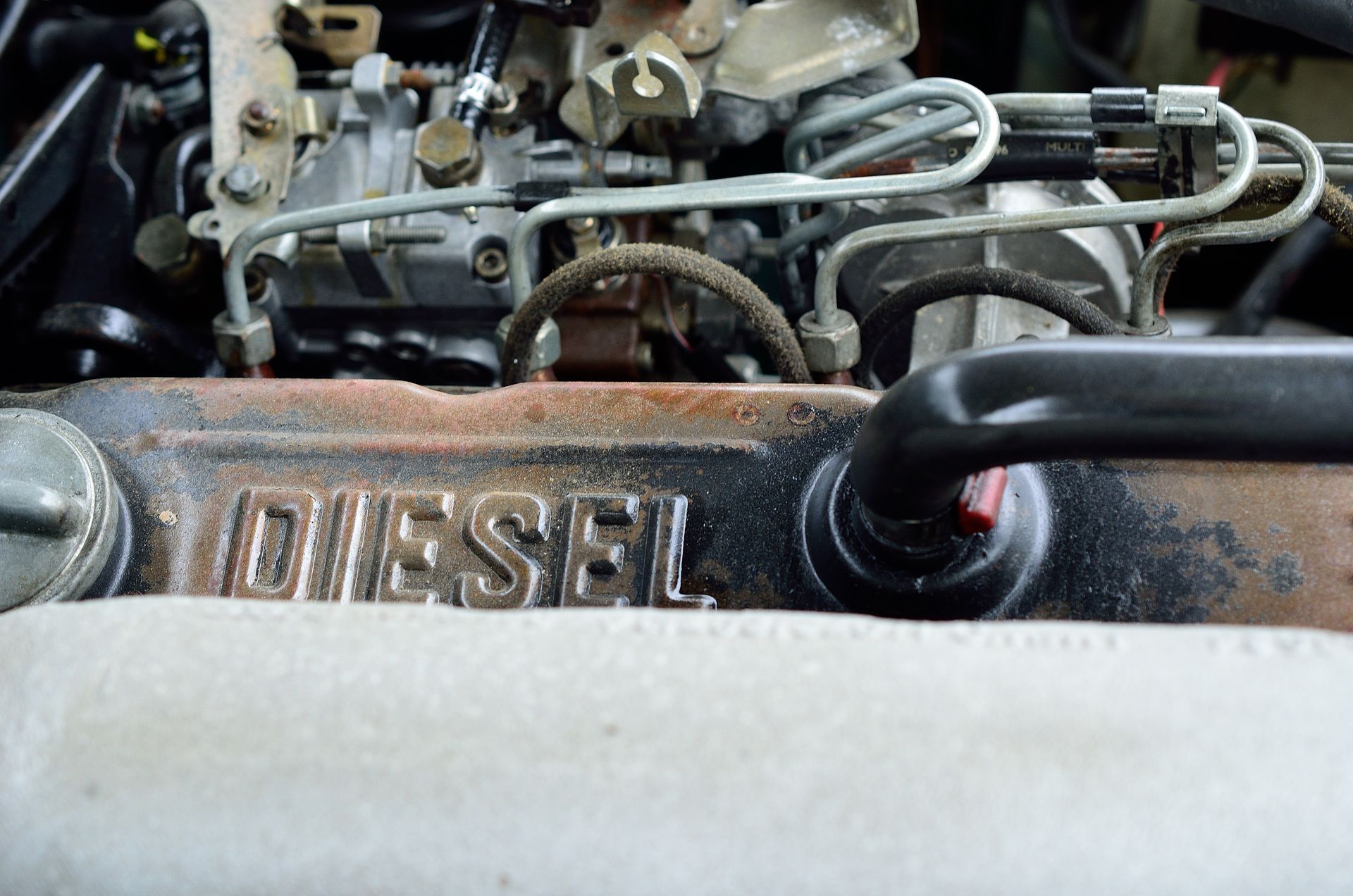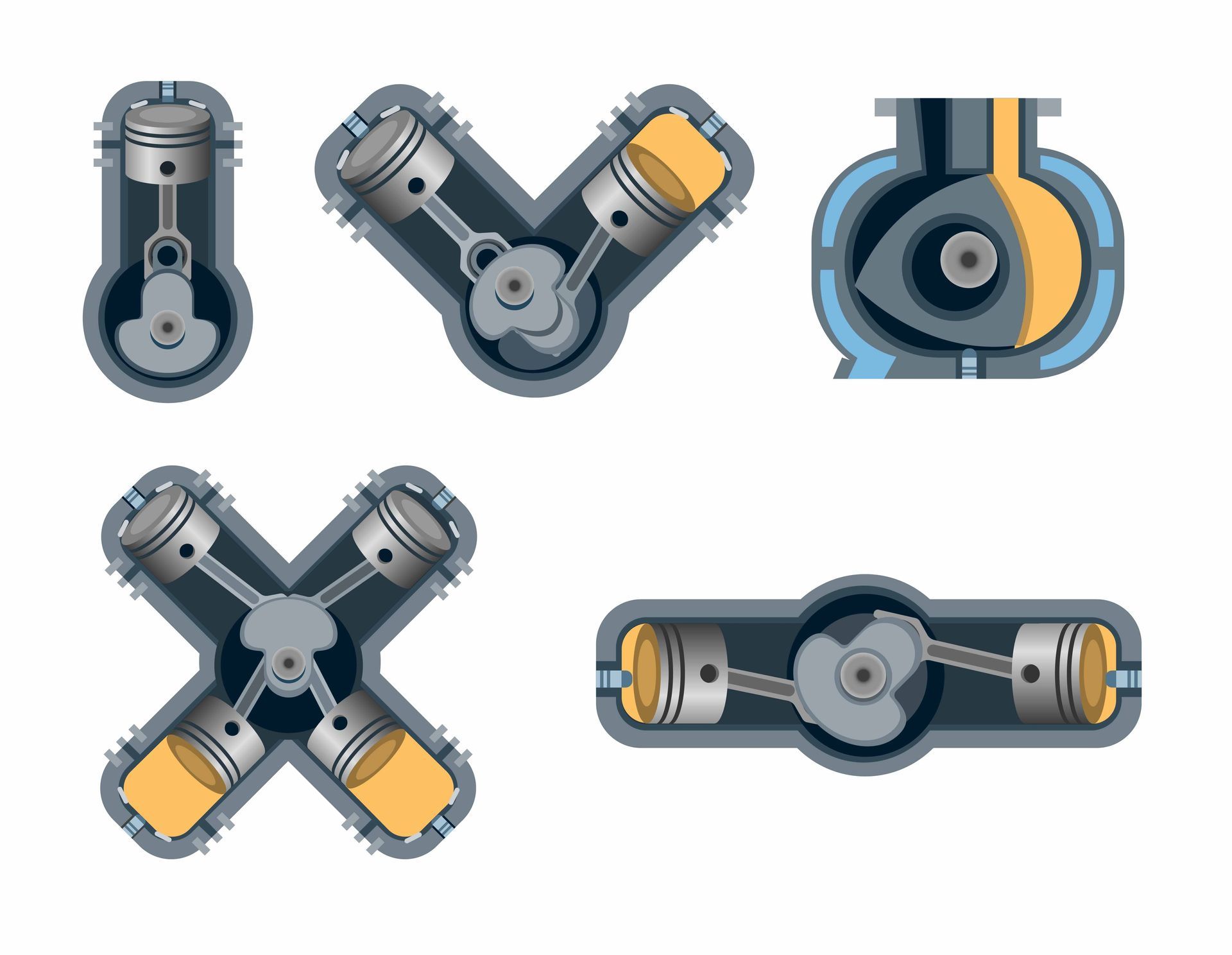Your car's brakes are the most critical safety features, and they require regular attention. But how do you know if your brakes are on their last legs? Ignoring the signs of worn-out brakes can lead to costly repairs—or worse, put your safety at risk. Understanding the red flags can save you both money and trouble. Let’s look into the telltale signs that your brakes need attention.
Strange Noises: Squealing, Screeching, or Grinding
One of the most common indicators of brake wear is noise. If you hear a high-pitched squeal or screech when you press the brake pedal, it’s likely due to worn-out brake pads. Most brake pads are designed with a wear indicator that creates this noise to warn you it's time for replacement.
Grinding sounds, however, are more serious. This typically means the brake pads are completely worn out, and the metal backing is rubbing against the rotors. At this stage, not only are you jeopardizing your safety, but the cost of repair could skyrocket since rotor replacement or resurfacing may also be needed.
Reduced Responsiveness or Increased Stopping Distance
Have you noticed that your car doesn’t stop as quickly as it used to? Reduced brake responsiveness, also called brake fade, can indicate worn brake pads, leaking brake fluid, or air in the brake lines.
This is not something to take lightly. A longer stopping distance could mean the difference between a close call and an accident. Whether you’re driving on Florida highways or navigating local streets, having responsive brakes is essential for your safety and others on the road.
Vibration or Pulsation When Braking
Feeling a vibration in the brake pedal or steering wheel when you press the brakes? This is often caused by warped rotors, which can happen if they’ve been exposed to excessive heat. Warped rotors prevent the brake pads from making even contact, leading to pulsation or uneven braking.
While this issue might start small, it tends to worsen over time, affecting the overall performance of your brakes. If you notice this problem, it’s a sign your braking system needs immediate attention.
Dashboard Warning Light
Your car’s dashboard isn’t just there for decoration. If the brake warning light comes on, it’s a clear sign that something is wrong. Depending on your vehicle, this could indicate low brake fluid, a problem with the ABS (anti-lock braking system), or worn brake components.
While it might be tempting to ignore a warning light, don’t. It’s there for a reason and could help prevent further damage or even an accident.
Pulling to One Side While Braking
If your car pulls to one side when you press the brakes, it might mean the brake pads on one side are more worn than the other. It could also indicate a stuck caliper, which is responsible for pressing the brake pads against the rotor.
This uneven braking can make your car harder to control, especially in emergency situations. Whether you’re navigating a busy road in Florida or cruising on a quiet street, maintaining control is crucial for safety.
A Soft or Spongy Brake Pedal
Does your brake pedal feel softer or spongier than usual? This often points to an issue with the hydraulic system, such as air in the brake lines or a leak in the brake fluid.
Brake fluid plays a critical role in transferring force from your foot on the pedal to the brake pads and rotors. If there’s a leak or air bubbles, the system won’t work as effectively. Addressing this issue promptly can prevent bigger problems down the road.
What to Do If You Notice These Signs
If you’re experiencing any of these symptoms, don’t wait to address them. Brakes don’t repair themselves, and putting off repairs can lead to more extensive damage—and higher costs. Regular brake inspections can catch wear and tear early, saving you from expensive repairs and ensuring your safety.
Whether it’s replacing brake pads, resurfacing rotors, or flushing brake fluid, taking proactive steps can make all the difference.
Whether you're in Gainesville, High Springs, or Newberry, Auto ER is just around the corner to provide top-notch service and repairs for your vehicle. Visit any of our Florida locations for reliable automotive care:
- Gainesville, FL 32608
- High Springs, FL 32643
- Gainesville, FL 32606
- Gainesville, FL 32609
- Newberry, FL 32669
Our experienced technicians are dedicated to keeping you safe on the road. Schedule your appointment today and experience the difference!



